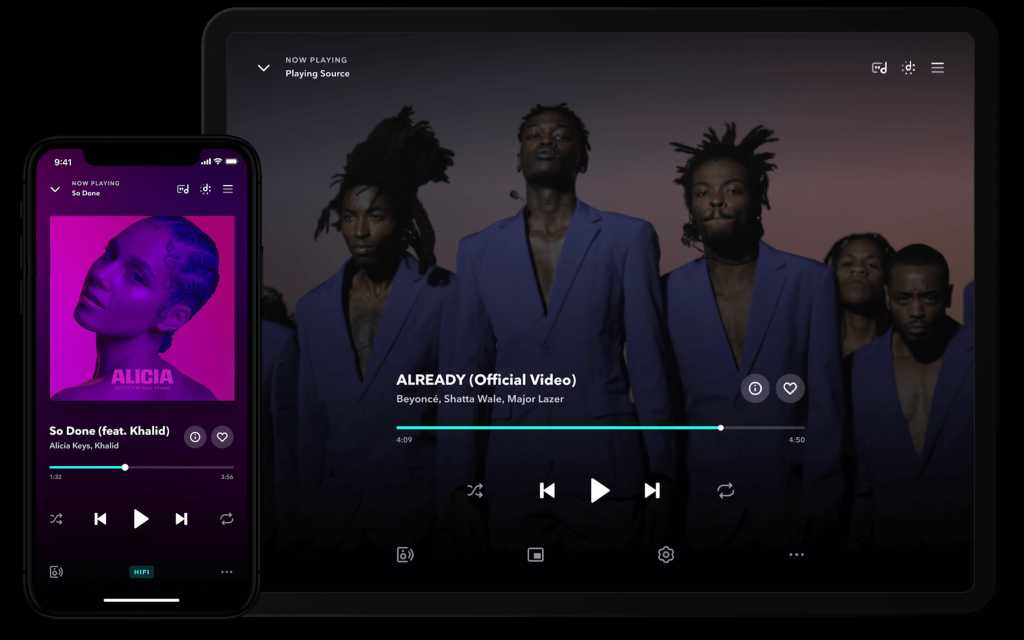Tidal was in the high-resolution music streaming game long before such newcomers as Amazon and Apple, and its format of choice has historically been MQA, a lossy but incredibly efficient high-res audio format. But Tidal now has a new high-resolution codec of choice.
Posting today on Reddit (by way of Digital Trends), Tidal CEO Jesse Dorogusker announced that six million tracks in the high-res FLAC format are now available for Tidal users in the service’s early access program, with many more to come.
And while Tidal will continue to offer high-resolution tracks in the MQA format for the time being, FLAC is now “our preferred format for high resolution audio,” Dorogusker wrote in the Reddit post.
Tidal had previously announced in April that it would begin offering high-res audio tracks in the open-source FLAC codec as well as the proprietary MQA format, but today marks the first time Tidal bluntly expressed a preference for FLAC.
That’s a big shift for Tidal, which stood apart from the other big music-streaming services by offering high-res tracks in the MQA format. Both Amazon Music and Qobuz delivers their high-resolution tunes in FLAC, while Apple Music’s hi-res tracks come in Apple’s own ALAC format.
Short for Master Quality Authenticated, MQA (as noted by our Tidal reviewer James Barber) is a high-resolution but lossy format that can pack audio into small file sizes. MQA also happens to be a proprietary format, counting Warner Music as one of its investors, and those who use MQA must pay a royalty for the privilege.
FLAC, on the other hand, is an open-source format that’s capable of compressing high resolution audio at resolutions up to 24-bit/192kHz, same as MQA. Unlike MQA, however, FLAC files are lossless; they’re also significantly larger than equivalent MQA files.
There’s been a long-running debate in the audiophile community about MQA’s quality and value, with many listeners lashing the format as a cynical cash grab. For his part, our reviewer concluded that MQA “sounds great,” delivering “depth and detail that never fails to impress.”
Sonic debates aside, Tidal’s decision to start offering the FLAC format may stem from the April decision of MQA parent MQA Limited to file for an appointment of administrators in the U.K., which is the equivalent of filing for Chapter 11 bankruptcy protection in the United States.
While MQA Limited might well remain a viable enterprise following restructuring, the cloud of bankruptcy looming over the company may have spurred Tidal to hedge its bets.
In any event, those in the TIDAL early-access program can give FLAC a try by updating their beta apps and selecting “Max” quality from the (new) Audio & Playback screen.
Meanwhile, all Tidal HiFi Plus users should get FLAC access by August, Dorogusker says.

